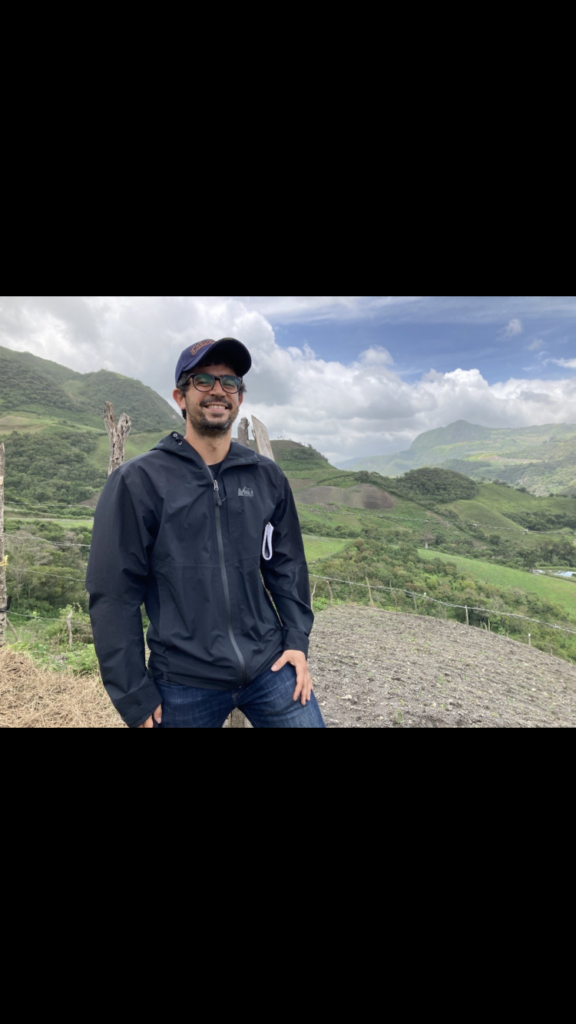[1/5]Sam Bankman-Fried, the founder of bankrupt cryptocurrency exchange FTX, arrives at court as lawyers push to persuade the judge overseeing his fraud case not to jail him ahead of trial, at a courthouse in New York, U.S., August 11, 2023. REUTERS/Eduardo Munoz/File Photo Acquire Licensing Rights
NEW YORK, Oct 4 (Reuters) – Sam Bankman-Fried’s trial places the former billionaire in a Manhattan courtroom alongside prosecutors steeped in financial crimes and political corruption cases, a veteran judge, and former friends and colleagues set to testify against him.
Here’s who will play key roles during the trial, which prosecutors say could last up to six weeks:
THE DEFENDANT
Bankman-Fried, 31, has pleaded not guilty to charges of fraud and conspiracy over the November 2022 collapse of the FTX cryptocurrency exchange he founded three years prior. Prosecutors say he stole billions in FTX customer funds to plug losses at Alameda Research, a crypto hedge fund he owned.
The Massachusetts Institute of Technology graduate rode a boom in the values of Bitcoin and other digital assets to an estimated $26 billion net worth and gained influence in Washington by donating millions to U.S. campaigns, before a wave of customer withdrawals led FTX to bankruptcy.
THE PROSECUTORS
The team of six prosecutors handling the case has been led by Danielle Sassoon and Nicolas Roos.
Sassoon, a Yale Law School graduate and former clerk for late Supreme Court Justice Antonin Scalia, is known for prosecuting Lawrence Ray, a man convicted last year of sex trafficking and extorting New York college students.
Roos, a Stanford Law School graduate, led the prosecutions of former Rudolph Giuliani associates Lev Parnas and Igor Fruman, who were convicted of violating campaign finance laws. He also prosecuted Nikola Corp (NKLA.O) founder Trevor Milton, who was convicted in 2022 of lying to investors.
The team is overseen by Damian Williams, the U.S. Attorney for the Southern District of New York. Williams’ prosecutions of Bankman-Fried and other former high-flying crypto executives such as Celsius’ Alex Mashinsky and TerraLuna’s Do Kwon have solidified his reputation as the top cop for digital assets.
Mashinsky has pleaded not guilty. Kwon was arrested in March in Montenegro and is fighting extradition.
THE DEFENSE LAWYERS
Mark Cohen and Christian Everdell of law firm Cohen & Gresser are leading Bankman-Fried’s defense. Both previously represented Ghislaine Maxwell, the British socialite who was convicted in 2021 of recruiting and grooming teenage girls for abuse by late financier and sex offender Jeffrey Epstein.
Cohen, a former federal prosecutor in Brooklyn, previously represented Peter Black, who in 2014 was found by a jury to be not liable on insider trading charges brought by the U.S. Securities and Exchange Commission.
Everdell, while a federal prosecutor in Manhattan, prosecuted Arthur Budovsky, a co-founder of digital currency firm Liberty Reserve who pleaded guilty in 2016 to helping cyber criminals launder money.
THE WITNESSES
Three former members of Bankman-Fried’s inner circle – former Alameda chief executive Caroline Ellison, former FTX technology chief Gary Wang and former FTX engineering chief Nishad Singh – are set to testify against him after pleading guilty themselves to fraud charges.
Ellison, Bankman-Fried’s onetime romantic partner, met the defendant while they were both traders at Jane Street Capital and moved over to Alameda despite her skepticism about crypto.
Bankman-Fried was jailed after sharing with a New York Times reporter some of Ellison’s personal writings from before FTX’s collapse, in which she described feeling hurt about their breakup and overwhelmed at work.
THE JUDGE
U.S. District Judge Lewis Kaplan has recently handled defamation lawsuits against former U.S. President Donald Trump and a sexual abuse lawsuit against Britain’s Prince Andrew.
A jury found Trump liable for sexually abusing and defaming the writer E. Jean Carroll and ordered him to pay $5 million in damages. Andrew agreed to settle the lawsuit brought by his accuser, Virginia Giuffre, without admitting wrongdoing.
A judge since 1994, Kaplan is known for his no-nonsense demeanor in the courtroom. He restricted Bankman-Fried’s access to the internet after prosecutors said he tampered with witnesses while released on bail, and in February raised the prospect of revoking his bond even though prosecutors had not asked him to.
“There may very well be probable cause to believe that he either committed or attempted to commit a federal felony while on release,” Kaplan said at a Feb. 16 hearing. “Why am I being asked to turn him loose?”
Kaplan ultimately jailed Bankman-Fried in August after he shared Ellison’s personal writings with a reporter.
Reporting by Luc Cohen in New York; Editing by Noeleen Walder, Daniel Wallis and Nick Zieminski
私たちの行動規範:トムソン・ロイター「信頼の原則」


